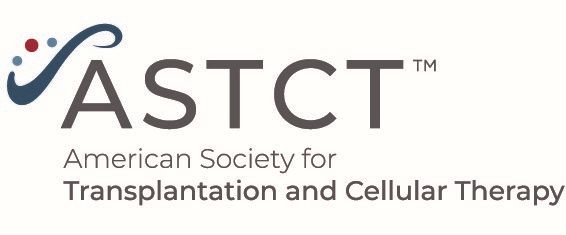
Vascular biomarkers reveal a unique toxicity profile of posttransplant cyclophosphamide: secondary analysis of BMT CTN 0402 and 1202

Posttransplant cyclophosphamide leads to unique changes in vascular biomarkers, revealing a distinct toxicity profile compared to other GVHD prophylaxis regimens.
In a recent study led by Roswell Park Comprehensive Cancer Center, researchers have found that posttransplant cyclophosphamide (PTCy) leads to unique changes in vascular biomarkers, revealing a distinct toxicity profile compared to other graft-versus-host disease (GVHD) prophylaxis regimens. Their study identified that PTCy was associated with significant increases in angiopoietin-2 (Ang-2) and decreases in epidermal growth factor (EGF) at 28 days post-transplant, which may explain some of the cardiac and organ toxicities observed with this regimen. These findings could guide strategies to mitigate toxicity in hematopoietic cell transplant (HCT) patients using PTCy.
PTCy is effective in reducing both acute and chronic GVHD in HCT patients, but with lingering concerns about its toxicity profile. Previous studies had reported cardiac and organ toxicities associated with high-dose cyclophosphamide. To investigate this, the researchers performed a secondary analysis of two clinical trials (BMT CTN 0402 and 1202), involving 112 patients receiving PTCy and comparison groups receiving tacrolimus/sirolimus (Tac/Sir, n=95) or tacrolimus/methotrexate (Tac/MTX, n=98). Plasma samples were collected on day 28 post-transplant to measure various vascular biomarkers and compare them to baseline levels.
The results showed that PTCy significantly increased Ang-2 levels by 65% (P<0.001) and decreased EGF by 82% (P=0.002) compared to Tac/MTX. In contrast, Tac/Sir increased follistatin by 25% and endoglin by 38%, while reducing VEGFR2 by 44%. The study also found that increased EGF levels were protective against non-relapse mortality, while decreased VEGFR2 levels were linked to chronic GVHD. These findings highlight potential mechanisms for the observed toxicities and suggest avenues for future research to improve patient outcomes.
Reference
Laura F. Newell, Najla El Jurdi, Brian C. Betts, Corey Cutler, Joseph H. Antin, John E. Levine, Angela Panoskaltsis-Mortari, Shernan G. Holtan; Vascular biomarkers reveal a unique toxicity profile of posttransplant cyclophosphamide: secondary analysis of BMT CTN 0402 and 1202. Blood Vessels, Thrombosis & Hemostasis 2024; 1 (3): 100020. doi: doi.10.1016/j.bvth.2024.100020
Newsletter
Stay up to date on recent advances in the multidisciplinary approach to cancer.



































